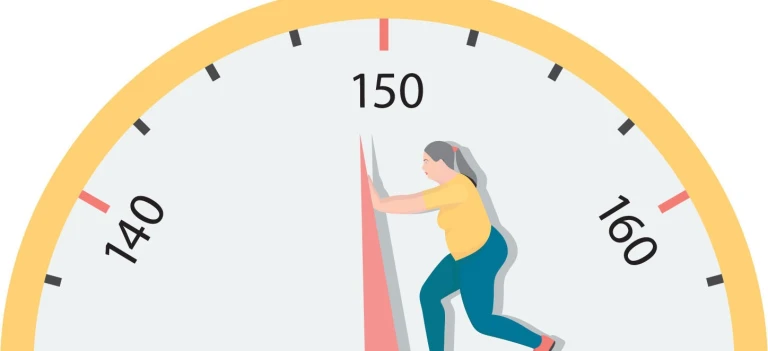
Losing excess weight is a common goal for many individuals as it can lead to various health problems like heart disease, diabetes, and high blood pressure. To achieve weight loss, one needs to create a caloric deficit by burning more calories than they consume through diet and exercise changes.
A healthy weight loss plan involves consuming a balanced and nutrient-dense diet rich in fruits, vegetables, lean protein, and whole grains while limiting processed foods, added sugars, and saturated fats. Regular physical activity, such as cardio and strength training, can also support weight loss by burning calories and building muscle.
Here are some fact-based tips for losing weight in a healthy and sustainable manner:
- Reduce calorie intake by tracking daily consumption and aiming to reduce it by 500-1000 calories per day.
- Eat smaller portions and avoid high-calorie foods like sugary drinks, candy, and processed snacks.
- Choose low-calorie options when eating out and drink water before meals to reduce calorie intake.
- Cook at home, keep track of calorie intake, and increase protein intake by including protein in every meal and snack.
- Reduce carb intake and avoid sugary drinks by drinking water, limiting sugary drinks, choosing unsweetened options, preparing your own drinks, and reading labels.
- Limit processed foods by planning meals, shopping the perimeter of the grocery store, cooking at home, reading labels, avoiding fast food, keeping healthy snacks on hand, and practicing mindful eating.
- Get enough sleep, stick to a sleep schedule, create a bedtime routine, avoid screens before bedtime, keep the sleep environment comfortable, and exercise regularly.
- Keep a food journal by writing down everything you eat and drink, including feelings and emotions, tracking water intake, keeping it with you, and reflecting and reviewing regularly.
It’s essential to adopt a healthy, steady, and sustainable approach to weight loss and seek the guidance of a healthcare professional to develop a safe and effective weight loss plan tailored to individual needs and goals. Quick drastic weight loss is often not sustainable and can lead to unwanted side effects. By losing weight slowly and steadily, one can reduce the risk of health problems and increase the likelihood of maintaining weight loss over the long-term.